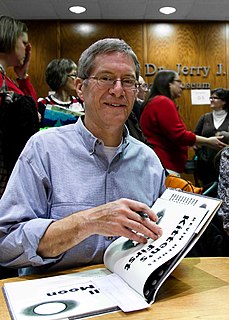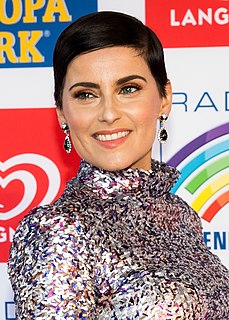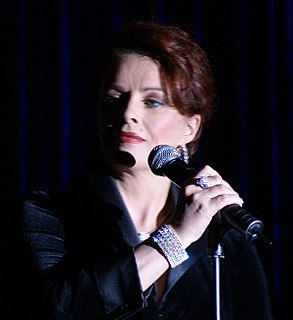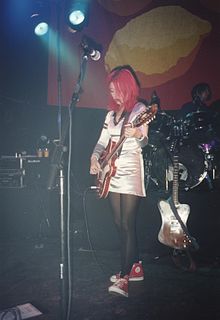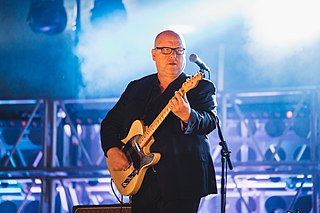A Quote by Robert Munsch
If you don't remember childhood and you idealize it, you can't write books for kids because they're not real. Kids pick that up.
Related Quotes
A lot of people who don't write for kids think it's easy, because they think kids aren't as smart as they are, or that you have to dumb down what you would normally write for kids. But I think you have to work harder when you write for kids, to make sure every word is right, that it's there for the right reason.
What was on the agenda was school and social life and those kinds of things. So I was the middle of five kids. So I had the great advantage of being able to play up to the older kids and play down to the younger kids and I think that's part of what propelled me to become a teacher at some point in my life. But it was a comfortable childhood. It was a privileged childhood.
The one thing about kids is that you never really know exactly what they're thinking or how they're seeing. After writing about kids, which is a little bit like putting the experience under a magnifying glass, you realize you have no idea how you thought as a kid. I've come to the conclusion that most of the things that we remember about our childhood are lies. We all have memories that stand out from when we were kids, but they're really just snapshots. You can't remember how you reacted because your whole head is different when you stand aside.
I refuse to censor myself and kids will find their own way to my books and to all of the books that matter to them. As I write more honestly more kids will make their way toward me. And in subverting their repressive parents kids will learn the value of subverting the repressive nature of all authority figures.





